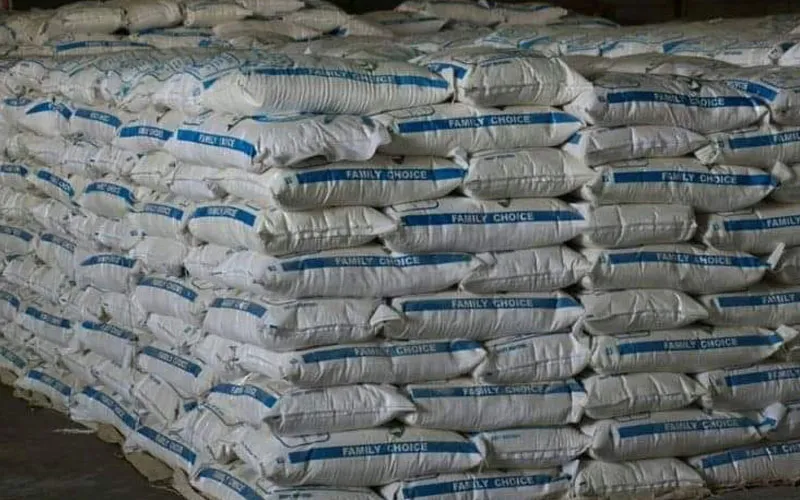“We should all be concerned that the current mealie meal situation is likely to cause more financial distress in vulnerable households,” says the official of the research, education, and advocacy Zambia-based Jesuit institution.
The member of the Society of Jesus (Jesuits) says the current maize shortage results from the government’s poor planning for the 2022-2023 farming season.
“The onset of the 2022-23 farming season witnessed chaos in organizing the beneficiaries list of the Farmer Input Support Programme (FISP), late distribution of farming input, distribution of incomplete farming input sets, high cost of farming inputs and shortage of farming inputs on the markets,” he says, adding that small scale farmers “seriously depend” on affordable farming inputs to produce beyond the household consumption.
Fr. Muyebe continues, “Subsistent and small scale farmers in Zambia feed the nation. Hence any disturbance in satisfying the farming input needs unleashes a ripple effect on household’s food security and nutrition outcomes.”
Small scale farmers in Zambia feed the nation hence failing to satisfy their farming input needs “unleashes a ripple effect on household’s food security and nutrition outcomes,” says the Zambian-born Jesuit Priest.
He calls on the country’s leadership to “strategically plan for factors that the Government can control, like the availability, affordability, accessibility and diversity of farming input.”
Zambia’s government has resorted to importing mealie meals from South Africa to address the shortage. The imported mealie meal is to be free of the import surcharge.
In his April 8 statement, the JCTR Executive Director says the Zambian government should access the available maize stock before starting the importation process.
“Before implementing the short-term measure of importing mealie meal from South Africa to stabilize the mealie meal price,” he says, “Government must assess the current maize stock in the country’s reserves and communicate to the nation measures to sustain food security in the country.”
There is a need “for an effective strategy to better manage the farmer input support to subsistence and small-scale farmers in the 2023-24 farming season in order to boost maize production,” the JCTR official adds.





